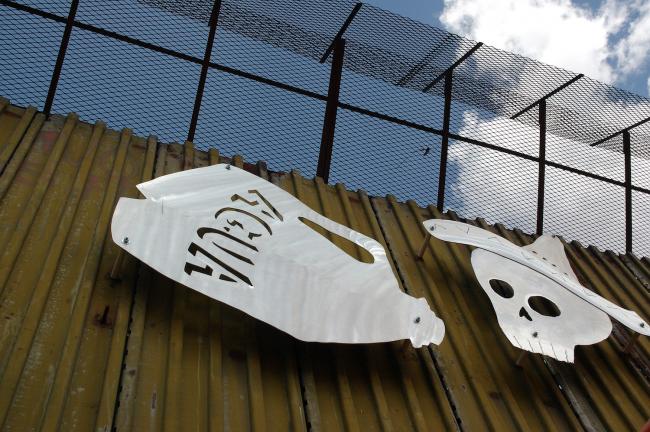This article was originally published in the Winter issue of the NACLA Report.

As the Winter 2016 issue of the NACLA Report on the Americas went to press, U.S. voters were preparing to elect a new president. From trade and migration to U.S.-Mexico policy and issues of race and state violence, Latin America has played a more prominent role in this year’s campaign than many would have suspected just one year ago.
In this forum, four NACLA editorial committee members build on the debates of recent months, laying out how solidarity activists in the U.S. might continueand in many cases reshapethe discussion about U.S. and Latin America over the next four years.
As all four contributors suggest, while the U.S. foreign policy decisions that are today of greatest concern to many Latin American social movements may look different from the 1980s or even the 1990s, solidarity work still has a critical role to play in pushing U.S. policy in such a direction that more just and democratic initiatives can take root in the region itself. NACLA EDITORS

